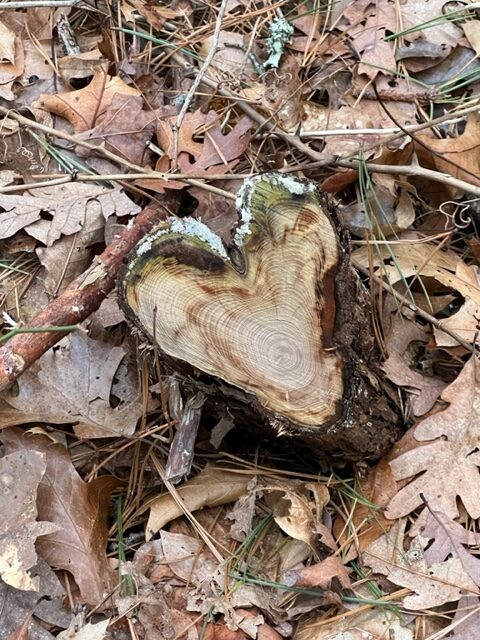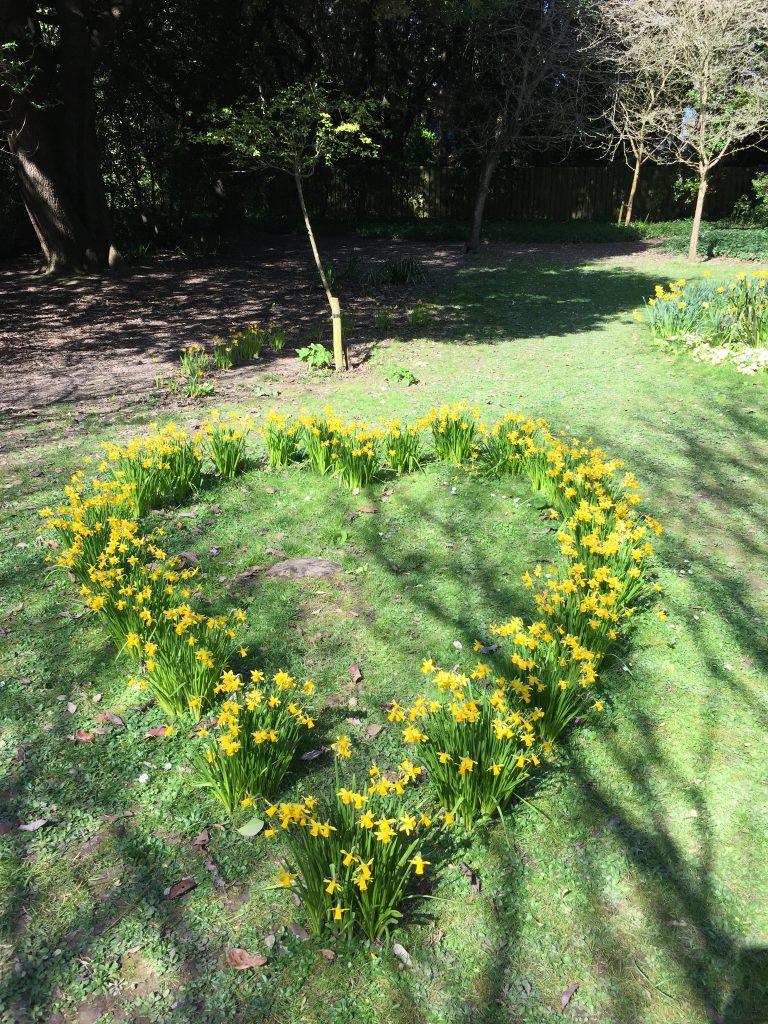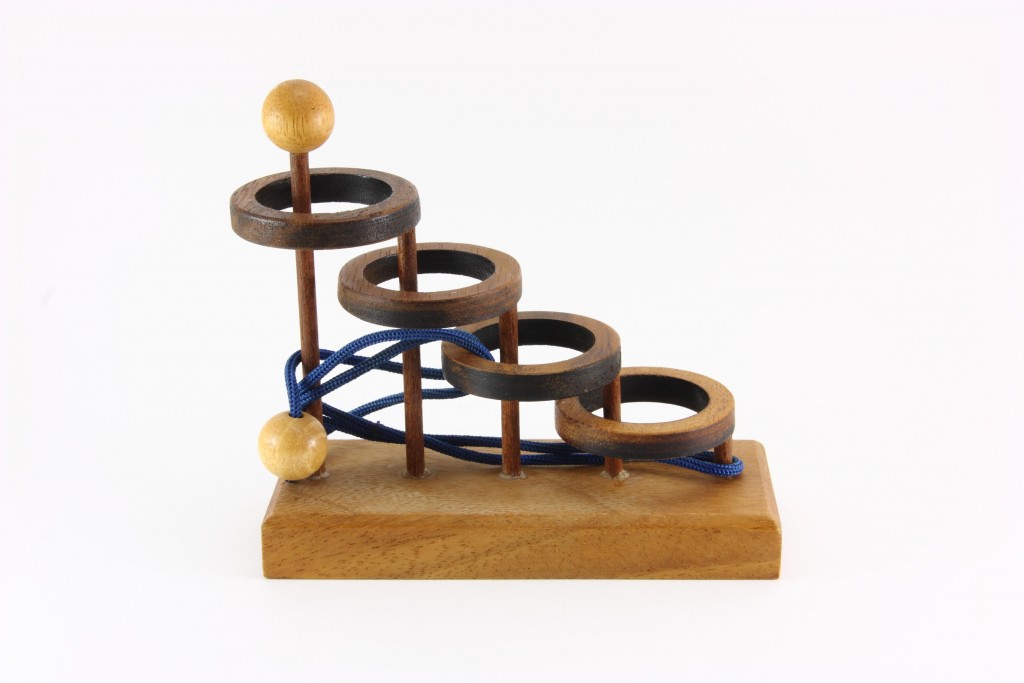 Happy Week 4 of Research Pride month! What have you been doing to celebrate this most wonderful of professions this month?
Happy Week 4 of Research Pride month! What have you been doing to celebrate this most wonderful of professions this month?
I hope that last week’s article gave you some inspiration to consider standing up and sharing your knowledge with others at a conference or just among colleagues at some point soon or in the future.
There’s something else I want to talk about with you to honor our profession this week, and that is stepping up as a volunteer for board service for our professional associations.
You may think that board membership is all about boring meetings and decisions. Or maybe that it’s being part of an elite group of people that are somehow separate from others. You might have some doubts about whether you have the qualities that it takes to be on a board. Maybe you’re beyond busy and don’t have the time to fit it in right now.
There are lots of reasons to think “Maybe this isn’t the right time” or “Maybe I’m not the right person for that” or “I don’t know enough yet.” Those things could be true, but they could also be holding you back from one of the most rewarding professional and personal experiences you may ever have.
I know what my board and volunteer service has meant to me (really great; wouldn’t trade it for the world), but I wanted to find out if my experience was universal. What were other peoples’ experiences like? What did they gain from it? What did they learn about themselves or about the profession? Did it help them in their careers, and if so, how?
I asked some friends and colleagues to share their experiences with me. My sincere thanks to Misa Lobato, former Apra president; Lisa Howley and Dina Zelleke, former NEDRA and Apra board members; Elizabeth Dill, current NEDRA board president; and Rick Snyder, former NEDRA board president, for sharing their insights and experiences.
Joining a board
Misa Lobato had been a prospect researcher for all of 2 years when a friend and colleague approached her to consider serving on the Apra Rocky Mountains (then CPRA) board. She had doubts about what she could offer being so new to the profession, but her colleague encouraged her to go for it anyway. Misa says:
“When I started on the CPRA board, I was writing our newsletter; I was our director of communications. That was a great role for me at that stage in my career because I was able to interview people about research and prospect management and learn from others. I provided resources and tips and tricks to share with our members. It was a good education for me and I really enjoyed having the experience of being with these board members that I had a lot of respect for and learning from them.”
It’s important to have people on an association board who have a wide range of experiences. How better to know what new researchers need to help them grow professionally, than to include someone with that level of experience in conversations about professional development?
And although someone that new might have doubts about their ability to contribute meaningfully, there’s always something, like a newsletter, or helping with conference programming, that someone with a fresh perspective can bring that’s of great value.
And of course, the friendships and professional connections they make can widen their networks and help their career trajectory.
For folks with more experience, their reason to join an association board might be different.
Said Lisa Howley: “For me, it was just a way of giving back. I really wanted to have more impact and involvement in the community and in the nonprofit world.”
Dina Zelleke agrees: “I would say the same thing. For me, NEDRA was the first professional education event in this industry that I had gone to. So I feel like NEDRA was very much there for the beginning of my learning.”
Another important benefit for some, including myself, was having the ability to directly influence change for the better for members. Advocating for our profession is hugely important to me. But with that comes the responsibility of giving members the tools they need to be successful and good at their jobs.
Being on a board, you get the opportunity to strategize about what your association can do, and then actually do something about it.
As Dina says, “I think that that board service gives you the ability to make that impact to people. I’m thinking about the toolkits, the Body of Knowledge, and all of the work that has been done by APRA, because they were particular things that were identified that would be helpful to membership. So being innovative about how you can create solutions that will help benefit your members, and then implementing those ideas is important.”
Rick Snyder confirmed this, saying, “I particularly liked feeling like I was providing service to a profession that I loved. I also enjoyed knowing that decisions we were making were (hopefully) going to strengthen the organization.”
Stepping up, giving back, and making meaningful improvements; great reasons for joining a board. But…
Does board service give something back to the board member?
Let me back up here for a second. One of the questions I asked my colleagues was very specific: “Besides all of the amazing friends you made on the board, did serving on a board give you back anything?” And the reason I asked the question in that way was because if I hadn’t, the only answer I would have gotten was “the amazing friendships that I made with my fellow board members!!”
And it’s really true. Serving on a board can be fairly intense. All of you are together on this journey at sea. There are some old hands on the board with more experience, and maybe you have an association management office to help guide you, but basically you’re all figuring it out as you go along. (Such is life)
But you’re all in it together, and this honestly forges some great and lasting friendships based on shared experiences, intense discussions, and getting stuff done. Maybe you won’t love everyone all the time, of course, but years later they’ll be people who help you find jobs, who you still have virtual coffee with every month, and/or you can call on to share their thoughts for an article about board service.
So, back to the question: besides making lasting friendships, does board service give something back to the board member?
The answer was an enthusiastic “absolutely”.
For some, it was gaining first-hand experience with how a nonprofit is run, because in many ways, those same mechanisms and procedures – like board development, budgeting, and strategic planning, just to name a few – are the same at for-profit companies.
So in addition to having direct experience on a nonprofit’s board, this insight will help you understand in a first-person kind of way how other sorts of companies, institutions, and organizations operate successfully, which will make the information you provide at your job even better.
If you’re a manager (or aspiring to be one), practical board experience will help you be better at that, and/or a better candidate for leadership.
Misa says, “there were lots of things I learned about strategic planning, and about structuring an organization and how to get people into roles that harness their skills. In terms of my leadership skills, it was incredibly informative. Board service also helped me understand how nonprofit boards function and why they make the decisions they do. And so, in my day-to-day work, I’m so much better equipped to think about how the work of our board affects my work and the work of my organization.”
Lisa says, “the one thing that I have found to be so applicable [to my work now] is that at every organization I’ve worked since I was on the Apra board, I’ve been able to work with development leadership and the board of trustees on what an ideal board would look like… I have had a real impact because I was helping the board understand what the right composition should be.
Misa adds one more benefit: “I also was exposed to ideas that were really cutting edge, and to people [who were] thinking strategically about the future of our profession. I wouldn’t have been exposed to that if I hadn’t been on the board.”
Ladders and Chutes
It’s not all roses, of course. Boards are like any other gathering of people with a passion for something and differing opinions. Sometimes there are going to be politics and personalities to navigate. But this, too, provides opportunities to learn how to navigate tricky conversations and hone your diplomacy and personal communication skills. These are especially important for anyone who wants to advance in their career, take on more management, and interact with (or become) senior leadership.
And then there are things that you have no way to plan for – like a pandemic – that can completely upend what you thought your board’s priorities were going to be. In those cases, you learn adaptability and the importance of delegating to, picking up the slack for, and relying on other members of the board and volunteers to help each other to make the best of a bad (or tricky) situation.
These life lessons are important in many ways for your personal growth. But sometimes even getting on the board can be a bit of a journey. For Misa, who ultimately became Apra president, it took two tries to get on the board. Former Apra president Elizabeth Crabtree has shared publicly that it took three rounds of nominations before she was elected to the board.
It’s not uncommon – there are lots of amazing people in our profession, and Apra and its chapters are looking for different kinds of people every year to add specific talent or make up for knowledge, experience, or other gaps that applicants will have no way to know about. It may be that the next round of openings will leave a gap that exactly fits what you bring. And that kind of tenacity, commitment to service, and belief in their abilities are perhaps what helped contribute to Misa and Elizabeth Crabtree’s success as Apra leaders.
What have these leaders learned about themselves by serving on a board?
Both Rick and Elizabeth Dill said that serving on the NEDRA board has given them more confidence in her own abilities. Elizabeth says, “I was a little nervous about considering it, because of all the responsibility and all the big shoes to fill, honestly. There have been amazing presidents in the history of NEDRA, but I think you just can’t be afraid of that, and [you should] know that you can do whatever job you want to do.”
Rick shared, “When I was board president, I struggled initially with being in charge. I guess I equated being in charge with telling people what to do, which kind of made my skin crawl since I’ve always liked to work collaboratively and seek consensus. It took me a few board meetings to realize that I was just setting an agenda, not running the entire organization. I think I learned more confidence from the experience.”
Misa also shared a great self-realization observation, and one that I’ve heard from other leaders, too: “I’ve learned where I have gaps in my own strengths and my own skills, and how to work with other people that can help fill in those gaps.”
Finding others to surround yourself with that can bring strength to your weak side will not only enhance what you bring but will create an even stronger team to deal with challenges ahead – whether on a board, at work, or in your personal life.
Still conflicted about board service?
Misa’s comment about why some folks don’t seriously consider board service really struck home with me: “If I think about ‘what are the resistance points of doing that kind of volunteerism?’ The thing that was holding me back a lot was this was a belief that I didn’t personally have enough expertise to offer that would make me worthy of serving in a leadership position. And I think we all have to believe that our unique experiences are valuable.”
Adds Rick: “If you love research, you should love volunteering or being a board member. You’ll help the profession and make some great friends. If you attend an event, look at the number of people who work behind the scenes to make it happen. What’s cooler than being one of those people?”



